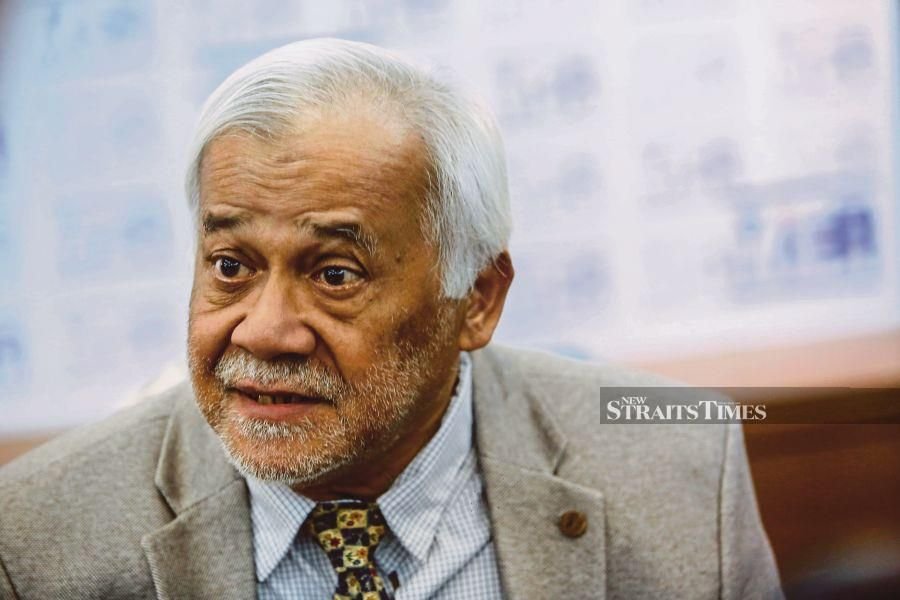Domestic activities to rebound in Q3: Mier

By Ayisy Yusof - April 23, 2020 @ 6:51pm
KUALA LUMPUR: Local economic activities including trade and investment are likely to fully rebound by the third quarter (Q3) of 2020 before strengthening next year.
This projection is from the Malaysian Institute of Economic Research (Mier) under the best-case scenario, while presuming that the Movement Control Order (MCO) will be gradually lifted after April 28.
Mier chairman Tan Sri Datuk Dr Kamal Salih, however, cautioned that the world could trigger the de-globalisation process resulting from Covid-19.
"With de-globalisation, our traditional trading patterns may need to be adjusted. We should focus more on regionalisation and inter-regional trading," Kamal said in a virtual press conference with the media today.
He said strengthening trade with Asean countries should return to its fore, an important international economic strategy for Malaysia to promote a continued trading activity.
According to Malaysia External Trade Development Corp, Malaysia's trade with Asean accounted for 26.5 per cent from the total trade of RM136.28 billion as at February.
Mier deputy director Professor Dr Jamal Othman said the extension of the MCO would not be a major concern but rather it would depend on Malaysia's traditional trading partners such as the US, Singapore, China and Japan.
"They need to recover as well as. If they are not doing well, it will affect our trade relationship, unless we could find trade replacements with other regions to export our products and import our intermediate goods," he said.
Underr the worst-case scenario, Mier said production and trade might not fully recover (about 96-98 per cent capacity) by the fourth-quarter of 2020 and into the first-quarter of 2021.
"We take into account the government's Prihatin total stimulus package of RM260 billion, with the supposition that only 20 per cent of the non- fiscal injection (RM225 billion) will be realised into new capital formation across the economy," he said.
Mier expects a disequilibrium in the Malaysian labour market for 2020 and 2021 to occur as the economy plummets under the first three phases of the MCO.
MIER head of research Dr Shankaran Nambiar said there would be a breakdown in the globalisation with no movement in markets, people (labours) and machines.
"I presume as this crisis develops, it leads to disruption in supply chain and lower demand. Although the situation in China has stabilised, the crisis in the Western region is still on the rise and it has not come near a plateau.
"Hence, we have a new form of de-globalisation and many developed countries will find short solutions and stress national priorities which lead to closing of markets," he said.
Shankaran expects foreign investors to return to their own countries to invest locally, and this may cause the decrease in production output in developed countries lower demand.
Kamal said Malaysia must find new ways of encouraging domestic-based growth. This is not just by increasing productivity but also regeneration of agriculture with the adoption of high technology and strengthening the country's food security by promoting home-grown foods.
He said Mier has in the pipeline, through its Crouching Tiger Initiative, a number of bankable investment bids on various industries. This ranges from food security and 5G technology to electric cars, financial services, manufacturing and physical infrastructure development.
"We simulated an implementation of food security projects with a capital expenditure (capex) of RM87 billion and 5G technology adoption (RM15 billion capex), coupled with 0.5 per cent increases in technical efficiency among skilled labor and intermediate inputs.," he said.
This may result in an increase of Malaysia's GDP to 5.38 per cent in 2021 under best-case scenario.
